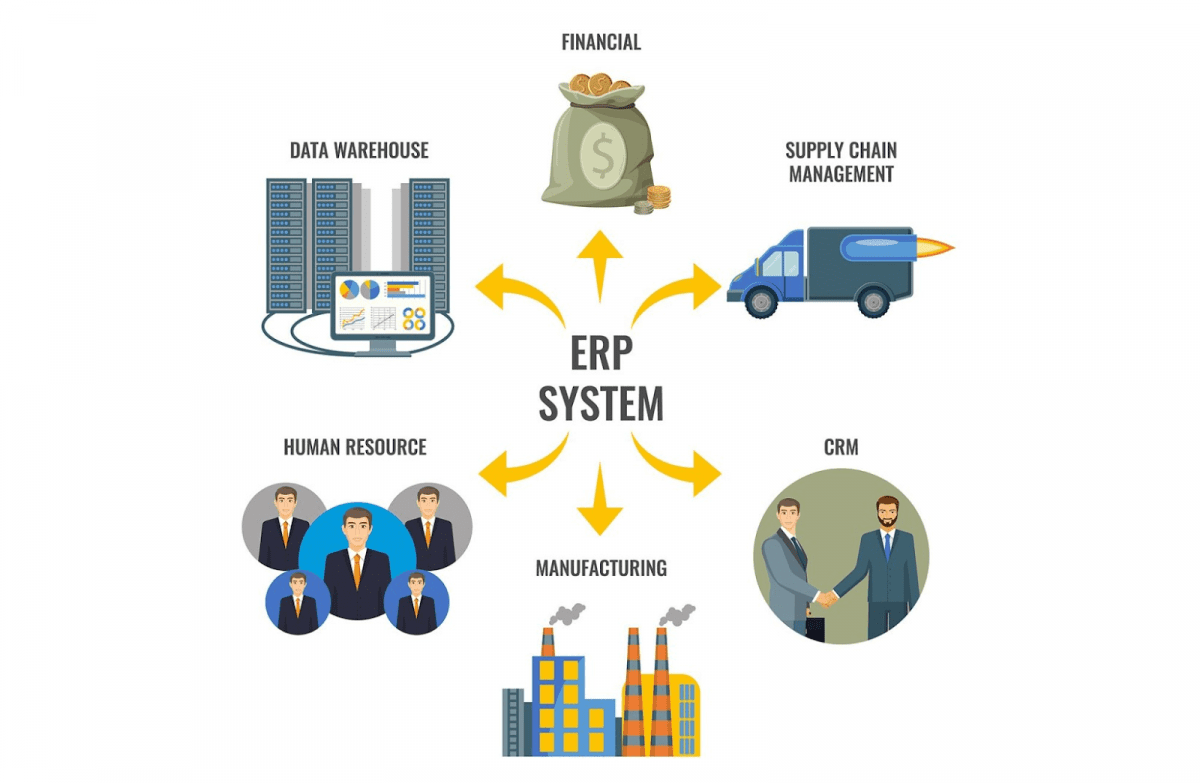The inception of OnePass was a response to the challenges that often bog down HR departments, including the complexities of ERP System Integration. Fueled by a shared vision, a group of dedicated professionals embarked on a mission to transform HR management. We envisioned a comprehensive solution that would seamlessly integrate all aspects of HR, from recruitment to performance evaluation, under one roof.
Amidst the journey, we encountered obstacles that only strengthened our resolve. Countless hours were invested in envisioning the optimal user experience, designing an intuitive interface, and refining features to simplify intricate HR tasks. The development process was characterized by persistence, innovation, and a commitment to creating something exceptional. Contact us for more requirements and join us onboard starting today!

Introduction to ERP and E-Commerce Integration
In today’s digital world, connecting ERP (Enterprise Resource Planning) System Integration with e-commerce platforms is crucial for businesses. This integration helps streamline operations and boosts customer satisfaction. By linking ERP with e-commerce, businesses can manage various functions, like inventory and finances, more efficiently.
Benefits of Integration
When you integrate ERP systems with e-commerce platforms, you synchronize data across different channels. This means you can keep inventory levels, order processing, and customer information accurate and up-to-date. The integration reduces manual data entry and minimizes errors, leading to quicker order fulfillment and better customer service.
Improved Business Visibility
ERP and e-commerce integration provides better visibility into business operations. By combining data from sales, inventory, and finance systems, businesses can see performance metrics, customer behavior, and market trends. This clear view helps companies make smarter decisions, manage inventory better, and tailor marketing strategies to meet customer needs.
Scalability and Flexibility
Integration also supports scalability and flexibility. As your business grows, the integrated system adapts to new demands, whether that’s expanding product lines, entering new markets, or handling more orders. This flexibility keeps your business competitive and responsive in a fast-paced market.
Conclusion
In summary, linking ERP systems with e-commerce platforms is a smart move for businesses. It improves operational efficiency, enhances customer satisfaction, and supports growth. With ERP integration, companies can streamline processes, gain valuable insights, and provide a seamless experience for customers, driving success in e-commerce.

